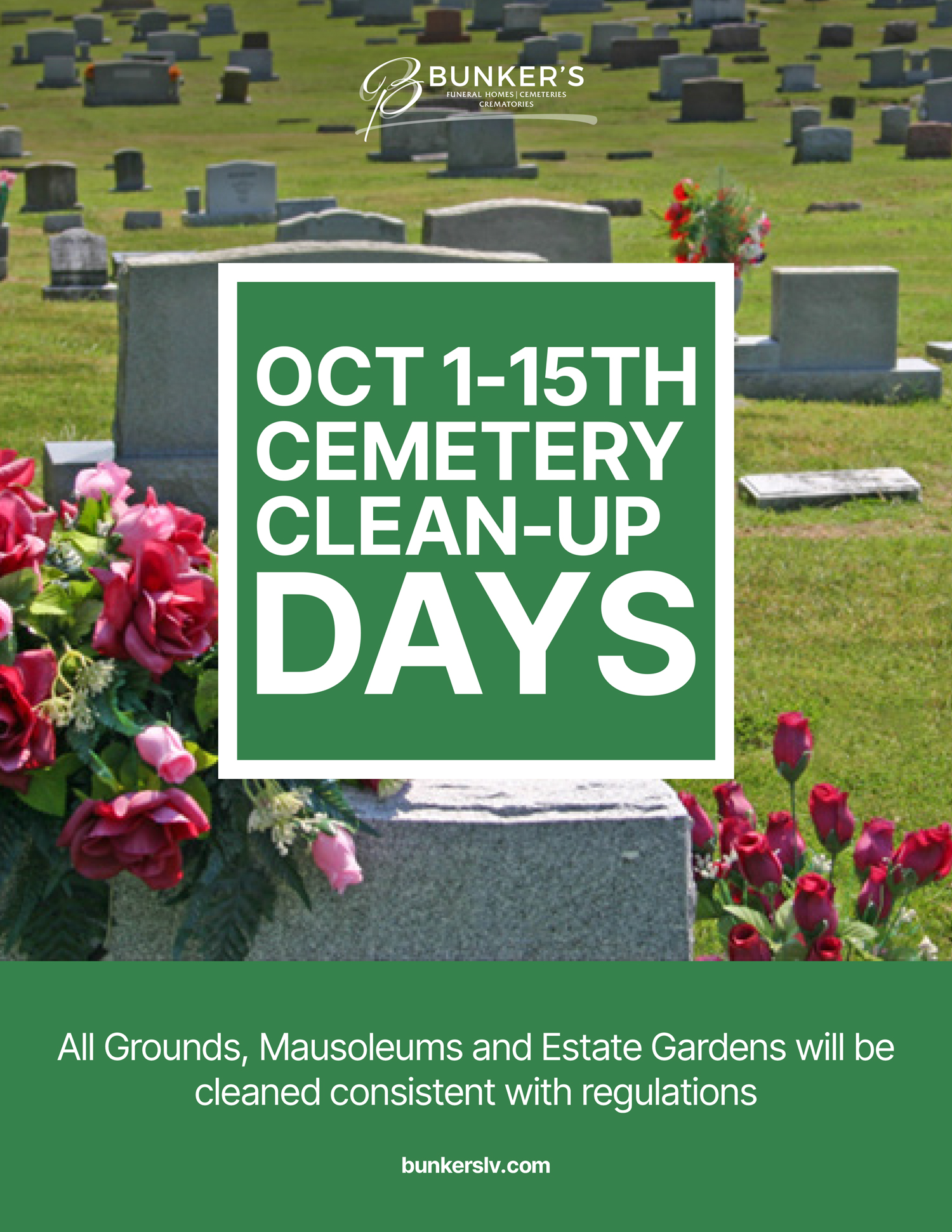
Common Sense Comes to Grieving Families: Cemetery Tribute Rules Under Review
In a move that has drawn attention and some relief from local families, the leader of Broxtowe Borough Council has committed to a more accommodating approach regarding the contentious regulations surrounding grave tributes. Following a recent meeting at Bramcote Crematorium, council leader Milan Radulovic addressed the concerns expressed by families regarding the strict restrictions that have been imposed on cemetery decorations.
 An overview of the local cemetery landscape.
An overview of the local cemetery landscape.
The new rules, established in July, aimed primarily at resolving maintenance issues and addressing health and safety concerns, have sparked significant outrage among many families. The regulations dictate that various personal items, such as vases, ornamental decorations, and even bedding plants, are no longer permissible in specific cemeteries, with the Chilwell Cemetery being the first to enforce this policy. Families have until January 23 to remove any unauthorized items from graves, raising concerns about the sensitivity to the grieving process.
Among those affected is Lindsey Collins, a mother grappling with the loss of her son, who is interred at Beeston Cemetery. Collins voiced her frustrations, explaining that she was unaware of the changes at the time of her son’s burial. Such revelations have left many families feeling blindsided and hurt, questioning the council’s commitment to honoring their loved ones properly during such vulnerable times.
Radulovic, responding directly to these familial grievances, emphasized the importance of balancing cemetery upkeep with the need for heartfelt memorialization. He reassured families that their personal tributes would be respected and welcomed dialogue to address individual concerns. “We need to work together with common sense to find a path that honors those we’ve lost while also ensuring the sites remain safe and well-maintained,” he stated.
An assortment of grave tributes illustrating personal remembrances.
The council’s current stance demonstrates a willingness to engage with the community actively. This invitation for communication marks a significant shift towards more empathetic governance, particularly when dealing with such delicate matters. The council has recognized that the removal of these personal items can feel like their loved ones are being forgotten when, in fact, these tributes are intrinsic to the grieving process.
This decision to revisit the regulations has sparked a broader conversation around cemetery management and the rights of bereaved families. Many advocates are calling for policies that accommodate personal expressions of grief without compromising safety or maintenance standards. The council previously faced backlash over what many argued was a heavy-handed approach, with the new assurances from Radulovic seen as a sign of hope for a more compassionate policy framework.
The timing of these discussions is crucial, as more families are impacted by such policies. Radulovic’s reassurances could pave the way for more clear and transparent guidelines. Ongoing communication seems to be a key component to resolving tensions surrounding this topic.
 Community members discussing cemetery policies and concerns.
Community members discussing cemetery policies and concerns.
As councils across the UK re-evaluate their burial policies in the context of maintaining both health and emotional well-being, Broxtowe’s initiative may set a precedent for other regions grappling with similar issues. The importance of honoring personal tributes while also ensuring proper grounds maintenance can only be navigated effectively through dialogue and collaboration between grieving families and local authorities.
As this story develops, families yearning for respect and inclusion in memorializing their loved ones will be watching closely to see if these promises translate into effective change. The outcome of these discussions is particularly significant as the January deadline approaches for the removal of contested items. Families hope that Broxtowe’s council will lead the charge towards a balanced approach that respects both communal space and personal mourning.
In conclusion, the commitment to a common-sense approach by council members is an important step forward. Organizations and individuals dedicated to supporting grieving families can also play a crucial role in advocating for policies that reflect compassion and sensitivity in times of loss. The fate of cemetery tribute rules is still uncertain, but this ongoing dialogue represents a hopeful shift in how councils address the needs of their communities.
Related Information
For further insights, you can follow reports from BBC Nottingham and various updates as these discussions progress.
Tags
- Cemetery Regulations
- Bereavement Support
- Community Engagement
- Public Policy













